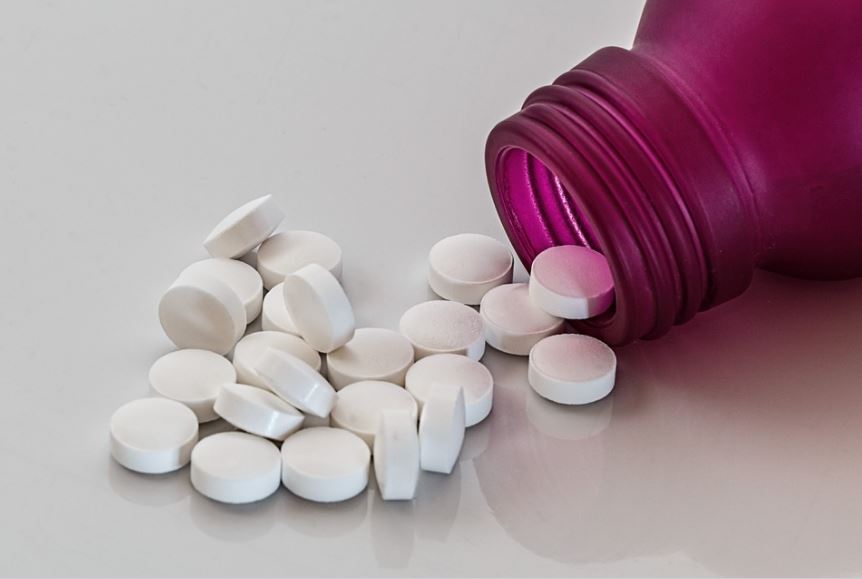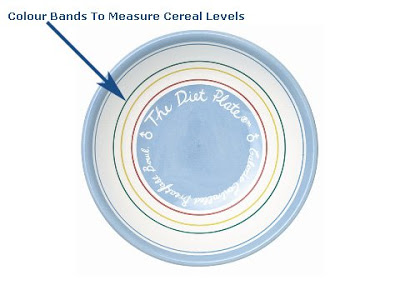As vitamin D is involved as part of a healthy immune response and may enhance innate defense mechanisms against respiratory infections, the question has been asked whether vitamin D may play a role in our immune response to COVID-19. Many social media outlets have taken this hypothesis for fact, recommending widespread use of vitamin D supplementation, often in amounts that can be toxic.
So what do we actually know about vitamin D and COVID-19?
Alberta Health Services has just published a comprehensive review of the evidence on this topic.
First of all, many people may be producing even lower levels of vitamin D than usual, as the isolation requirements of the COVID-19 pandemic may result in less sun exposure. There is also not enough sunlight in the winter in Canada to make enough vitamin D naturally. So, without vitamin D supplementation, many people will be low in vitamin D.
Observational studies have found an association between low vitamin D and COVID 19, but the evidence quality is very weak. It is not surprising that many studies have found associations between low vitamin D and COVID-19, as low vitamin D may be a marker of poor health status and/or poor nutrition in general (meaning that it may not necessarily be low vitamin D itself that is the culprit). Low vitamin D levels are common in older people, ethnic minorities, and people with obesity, and we know that these groups are disproportionately affected by COVID-19.
There is no high quality evidence to support taking vitamin D to prevent OR treat COVID-19. The existing clinical trials are small, doses vary, and conclusions that can be drawn are therefore limited. That being said, there may be some benefit from daily, low dose vitamin D supplementation (between 400-1,000 IU per day) in reducing risk of respiratory infections in general.
Based on the evidence, this review recommends that:
- Vitamin D should NOT be offered as a treatment for COVID-19 infection.
- Vitamin D should NOT be recommended for the purpose of preventing COVID-19.
- We DO know that vitamin D is important for many aspects of general health, including bone health. Therefore, we should follow Health Canada’s guidelines for vitamin D supplementation, which can be found here.
- Testing of vitamin D levels is not required or routinely recommended prior to vitamin D supplementation.*
For general health, the recommended daily intake for Canadians ranges from 400-800 IU (10-20 mcg) daily depending on stage of life, with a tolerable upper intake level (again depending on stage of life) of 1,000-4,000 IU (25-100 mcg) daily. Vitamin D is recommended as a supplement in many other countries for general health as well.
*Note that people with certain health conditions (eg kidney problems, malabsorption syndromes, metabolic bone diseases, liver failure) may need to have vitamin D levels measured and intake assessed carefully by their physicians. Note also that some people with severe vitamin D deficiency may have higher doses carefully prescribed by their doctors to bring their levels into the normal range.
What can happen if we take too much vitamin D? As the review notes:
There are health risks associated with excessive or toxic amounts of vitamin D. The upper limit suggested to be safe for most individuals is 4,000 IU per day, and toxic levels of vitamin D usually require much higher consumption, up to 10,000 IU per day. These risks include hypercalcemia (high calcium in the blood), hypercalciuria (high calcium in the urine), which can lead to nausea, vomiting, muscle weakness, neuropsychiatric disturbances, pain, loss of appetite, dehydration, polyuria (excessive urination), excessive thirst, and kidney stones. In extreme cases, vitamin D toxicity can cause renal (kidney) failure, calcification of soft tissues throughout the body (including in coronary vessels and heart valves), cardiac arrhythmias, and even death.
Share this blog post using your favorite social media link below!
Follow me on twitter! @drsuepedersen
www.drsue.ca © 2021











